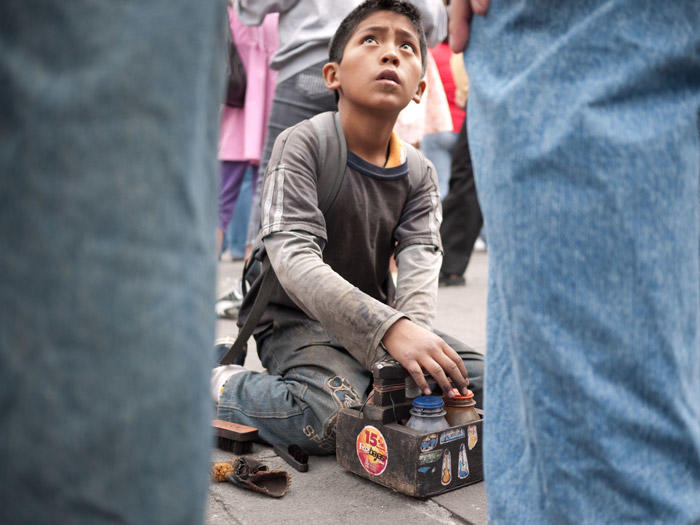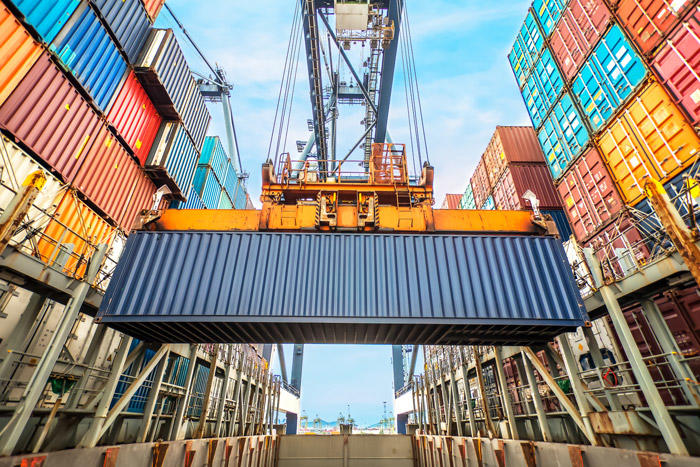A comparative study in human rights compliance in Bolivia and Argentina by Marie Skłodowska-Curie Fellow Lorenza Fontana and Jean Grugel.

by Lorenza Fontana and Jean Grugel
When we think about child labor, what often comes to mind are images of dirty, poorly dressed children—digging in mountains of trash, carrying heavy loads of bricks or crops, or disappearing in dark mine tunnels. Yet working children are a heterogeneous group that also includes children helping out in domestic labor, family shops, or subsistence agriculture, and adolescents undertaking their first steps into the labor market.
While child labor is generally perceived as bad for children and efforts toward its elimination are pursued by the international communities, in certain contexts—and particularly in countries of the Global South—this is a culturally accepted and sometimes prized practice, considered fundamental for basic household production. In certain countries, working children themselves have created unions and mobilized to ask for fairer labor conditions and greater protections rather than child labor elimination. These gaps between international and domestic views on child labor have made the task of regulating the issue under human rights law particularly challenging for international organizations.... Read more about When Should Children Be Allowed to Work?


